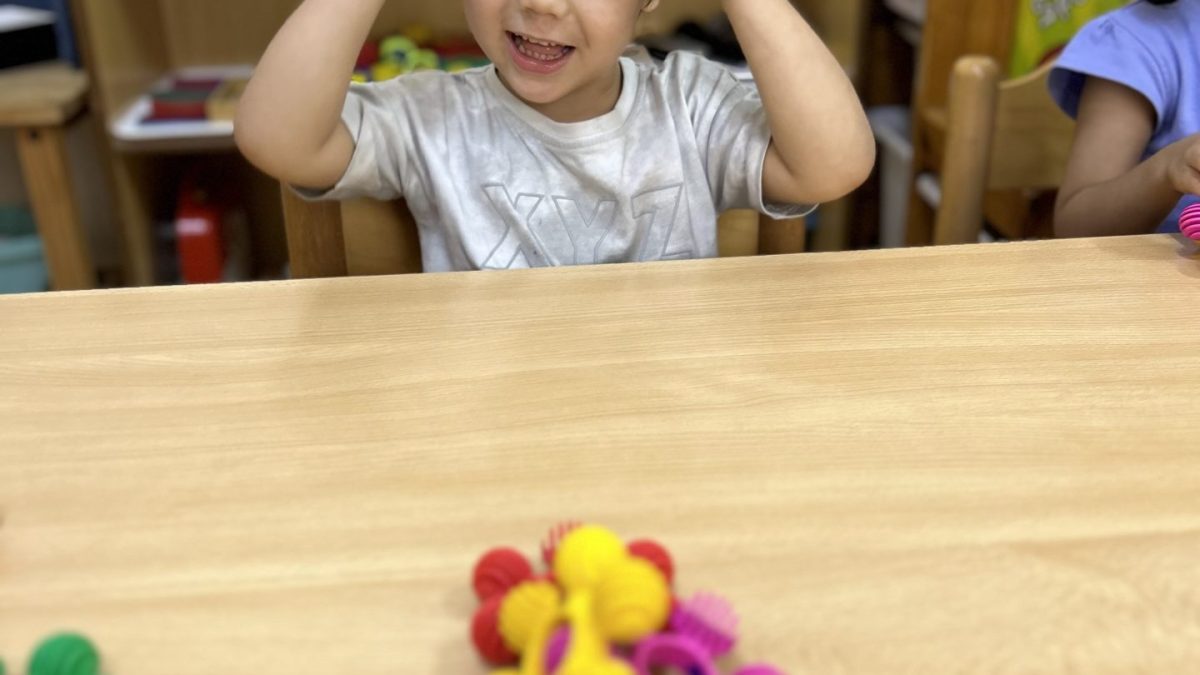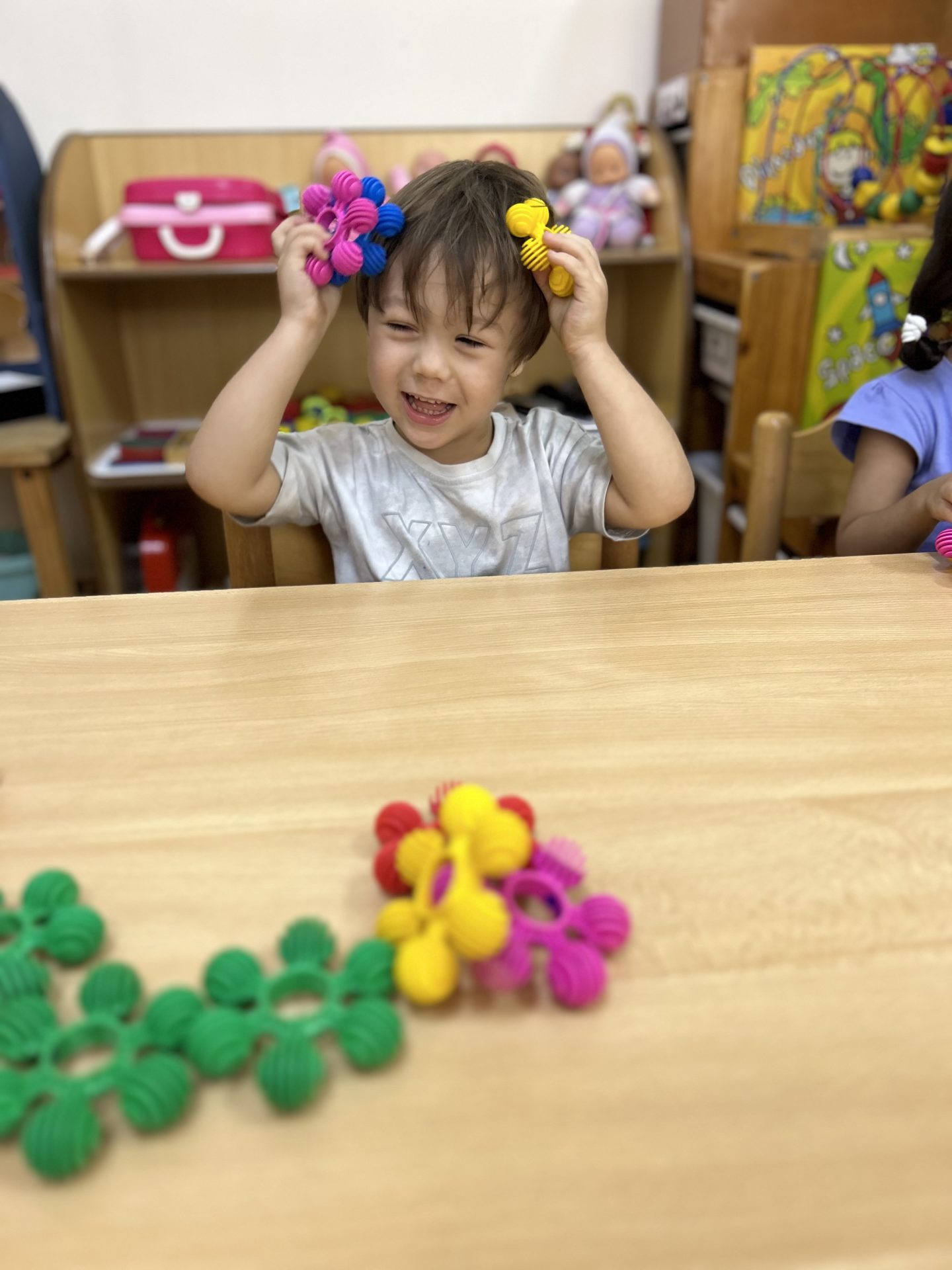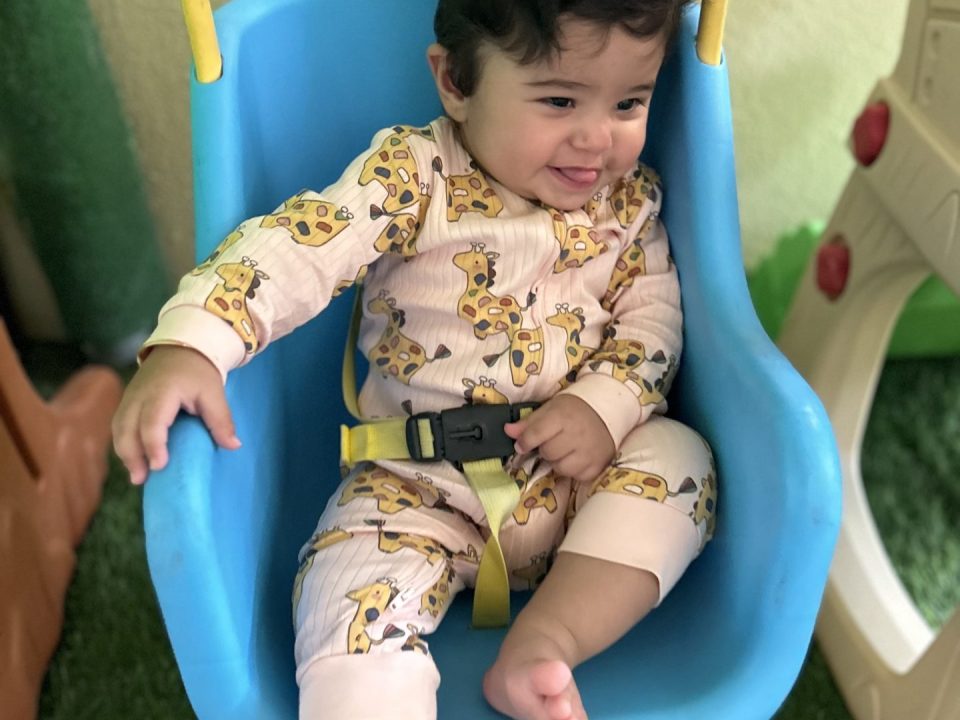The Troublesome Twos – a phase in toddlerhood that every parent encounters at some point. Toddler tantrums can be like sudden storms, appearing out of nowhere and leaving you feeling utterly helpless. In this blog post, we’ll provide you with practical tips and guidance on handling those notorious toddler tantrums.
Understanding Toddler Tantrums:
Before we dive into the tips, let’s understand why tantrums happen. Tantrums are a common part of toddler development and typically occur due to:
- Frustration: Toddlers often have limited language skills, making it challenging for them to express their needs and desires.
- Exhaustion: Fatigue can turn minor frustrations into major meltdowns.
- Inability to Express Emotions: Your toddler is grappling with a surge of emotions and doesn’t yet have the tools to articulate them.
Now, let’s tackle those tantrums with these practical strategies:
- Stay Calm:
- Model self-control by remaining composed. Your calm presence can help your child regain control of their emotions.
- Offer Comfort:
- If the tantrum stems from emotional distress, offer a comforting hug or soothing words. Your reassurance can make a significant difference.
- Provide Choices:
- Give your child a sense of control by offering choices within acceptable limits. For instance, let them choose between two snack options or two shirts to wear.
- Distract and Redirect:
- Sometimes, redirecting your toddler’s attention to a different activity can defuse a tantrum. Offer a new toy or suggest a different game to play.
- Use Time-Outs Sparingly:
- Time-outs should be used as a last resort when a tantrum becomes unmanageable. It’s not a punishment but a way to give your child a chance to calm down in a safe space.
- Teach Emotional Language:
- Help your child learn to express their feelings with words. Encourage them to say how they feel, whether it’s sad, frustrated, or upset.
- Set Clear Expectations:
- Explain rules and expectations before potential triggers, such as shopping trips or mealtimes. Clear communication helps your toddler understand what’s expected.
- Be Consistent:
- Ensure that consequences for inappropriate behavior are consistent and fair. Consistency helps your child understand boundaries.
Remember, tantrums are a normal part of development and tend to decrease as language skills improve and emotional regulation develops. As your child grows, they will become better equipped to express themselves verbally, reducing the frequency and intensity of tantrums.
The Troublesome Twos may be challenging, but with patience, understanding, and these practical strategies, you can navigate toddler tantrums with confidence. Your consistent and loving approach will help your little one learn to manage their emotions, paving the way for smoother sailing in the years ahead.








